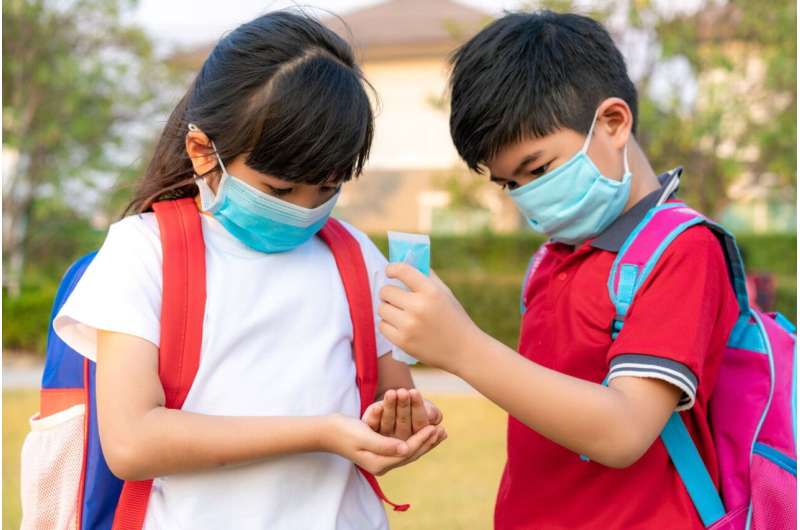
Adults can be the first line of defense when it comes to avoiding the worst outcomes from multisystem inflammatory syndrome in children (MIS-C), a rare but potentially deadly condition linked to COVID-19, according to a new review article from Rice University epidemiologists.
“It’s important to educate people about MIS-C, especially the fact that it can develop 2-6 weeks after children recover from COVID-19,” said Texas Policy Lab researcher E. Susan Amirian. “Some people assume once a child recovers from COVID-19, things will go back to normal. But this isn’t necessarily the case. We want parents, teachers and caregivers to know what to look out for.”
In the article, “Multisystem inflammatory syndrome in children (MIS-C) and the coronavirus pandemic: Current knowledge and implications for public health,” Amirian and colleague Megan Rafferty raise awareness of the condition and emphasize continued COVID-19 mitigation efforts both in schools and at home. Helping children take appropriate precautions to prevent COVID-19 infection and transmission is crucial, Amirian said.
MIS-C causes organ inflammation, according to the Centers for Disease Control and Prevention (CDC). Most children make a full recovery, but the condition can be deadly.
Symptoms include fever, rash, vomiting and diarrhea, typically appearing 2-6 weeks following a SARS-CoV-2 infection. As of late March, the CDC had reports of 3,185 cases of MIS-C nationwide.
“Even though MIS-C is rare and treatable, some kids end up in ICU and have some pretty severe outcomes, such as heart problems including heart failure,” Amirian said. Early diagnosis and treatment of MIS-C can help prevent such serious outcomes.
Rafferty said researchers aren’t sure why some children develop MIS-C and others do not. In addition, the number of undetected COVID-19 infections in kids can make it difficult to determine who is at risk.
“Because children are more likely to have mild or asymptomatic (COVID-19) infections, the proportion of undiagnosed cases can be high, so some children may develop MIS-C with little to no forewarning,” Rafferty said.
As new, more contagious variants of COVID-19 emerge, Amirian said effective preventative measures should be maintained to mitigate the spread of the virus, especially until vaccines become available to younger children.
“We don’t yet know exactly what the impact of these variants will be on MIS-C risk, but as we’re seeing in states like Michigan, COVID-19 cases are increasing among younger populations, so preventing infection remains an important goal for both kids and adults,” Amirian said.
Source: Read Full Article